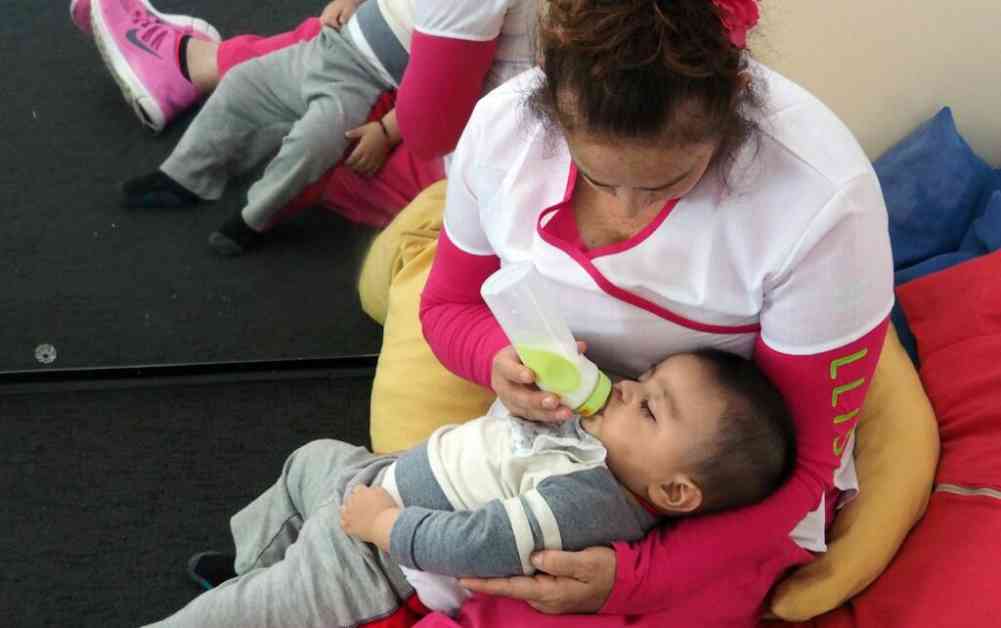For over 29 years, Tonia McMillian dedicated her life to providing quality child care and early education to children of all ages. She poured her heart and soul into her work, nurturing young minds and helping families thrive. However, behind the scenes of her bustling home-based child care center, Tonia faced a harsh reality – the constant fear of falling ill without access to affordable health care.
As a licensed provider operating out of her home, Tonia grappled with the harsh truth that a simple sniffle or persistent pain could send her spiraling into financial distress. The looming dread of scheduling a doctor’s appointment was a burden she carried throughout her career. The weight of uncertainty hung heavy in the air every time she sought medical attention, knowing that the cost of care could potentially bankrupt her.
The hospital waiting rooms and emergency rooms became stages for Tonia’s inner turmoil, her mind consumed not by her health but by the impending bills that would soon flood her mailbox. The sight of each Kaiser envelope was a stark reminder of the financial strain she endured, a constant source of anxiety that never seemed to wane.
Despite her unwavering dedication to her work and the families she served, Tonia found herself trapped in a cycle of financial insecurity and health neglect. The glaring disparity between the essential nature of child care providers and the lack of accessible health care options for them weighed heavily on her conscience.
The passage of Obamacare provided a glimmer of hope for Tonia and others like her, offering a pathway to health care coverage through Covered California. While she was grateful for the Bronze Plan that now covered her, the high co-pays and out-of-pocket expenses remained a significant barrier to truly affordable care. Tonia’s story echoed the struggles of countless early educators who sacrificed their well-being for the sake of their profession.
Struggles of Early Educators
Research has shown that the challenges faced by child care providers, particularly women, extend far beyond the realm of health care affordability. Gender disparities, compounded by societal expectations and financial constraints, create a unique set of obstacles for women in this field. Tonia’s experience shed light on the harsh realities that many early educators face, navigating a system that often overlooks their basic health care needs.
A Glimmer of Hope
Amidst the turmoil, there emerged a ray of hope in the form of Child Care Providers United (CCPU), a union dedicated to advocating for early educators’ rights. Through their efforts, a health care reimbursement fund was established to support providers enrolled in health insurance plans. While this initiative marked a step in the right direction, it fell short of addressing the broader systemic issues plaguing the child care industry.
As Tonia reflected on her journey as a family child care provider, she recognized the urgent need for comprehensive reform to ensure the well-being of all early educators. The COVID-19 pandemic further underscored the invaluable role these professionals play in society, emphasizing the critical need for accessible health care options to safeguard their health and livelihoods.
In conclusion, Tonia’s story serves as a poignant reminder of the sacrifices made by child care providers and the urgent need for policy reforms to support their well-being. As we navigate the complex landscape of health care affordability and child care accessibility, it is essential to prioritize the health and safety of those who dedicate their lives to nurturing the next generation. The time for change is now, and the future of child care hinges on our collective commitment to ensuring a brighter, healthier tomorrow for all.




















